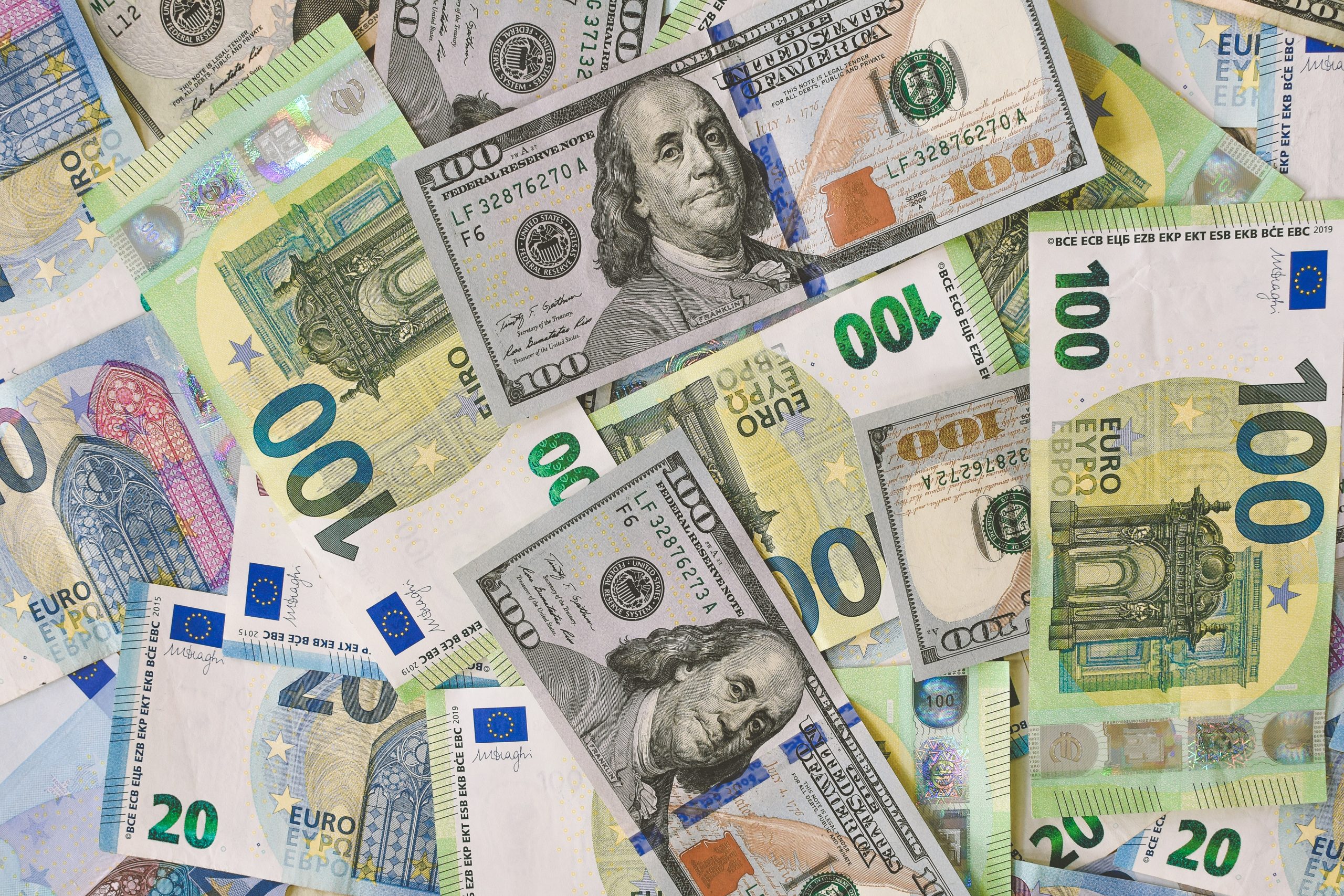Are you ready for yet another twist in the never-ending Brexit saga? Chancellor Rishi Sunak has recently proposed a new deal for Northern Ireland, promising to boost economic growth and create jobs. But is this really a game-changer or just another hurdle on the road to securing a prosperous future for the region? In this blog post, we’ll take a closer look at Sunak’s plan and what it means for Northern Ireland’s uncertain post-Brexit landscape. So sit tight and let’s dive into the details!
An overview of the Northern Ireland deal
The UK-EU Brexit deal has been provisionally agreed upon, and one of the key sticking points was the issue of Northern Ireland. The Northern Ireland Protocol would have seen the region remain in the EU single market and customs union, in order to avoid a hard border with Ireland. However, this would have created a divide between Northern Ireland and the rest of the UK.
Under the new deal, Northern Ireland will remain aligned with certain EU rules on goods, but will also be free to set its own regulations on other areas such as agriculture and fisheries. There will be no hard border between Ireland and Northern Ireland, and goods will be able to move freely between the two countries.
Some have hailed the deal as a game changer that will protect both the UK’s internal market and avoid a hard border on the island of Ireland. However, others have criticized it for creating a ‘two-tier’ system within the UK, and believe that it could create further divisions between Northern Ireland and the rest of the country.
The pros and cons of the deal
The new trade deal between the UK and the EU includes a number of provisions for Northern Ireland that are designed to avoid a hard border between the region and the Republic of Ireland. However, some have argued that the deal could actually lead to a harder border in practice.
Here are some of the key pros and cons of the deal:
PROS:
– Avoids a hard border between Northern Ireland and the Republic of Ireland
– Keeps Northern Ireland in the UK’s customs territory, meaning that goods can continue to move freely between the region and the rest of the UK
– Gives Northern Ireland a say in future EU trade deals that could potentially benefit the region
– Could help boost investment in Northern Ireland by providing greater clarity about its future trading relationships
CONS:
– Requires goods entering Northern Ireland from Great Britain to be subject to EU customs rules, which could create administrative burdens for businesses
– Could lead to differential treatment of firms in Northern Ireland compared to those in Great Britain, depending on how EU rules are implemented
– Some have suggested that the deal could lead to a de facto hard border between Northern Ireland and Great Britain, as goods would need to be checked at ports or airports
How the deal will impact post-Brexit Britain
The deal will have a significant impact on post-Brexit Britain. It will provide certainty for businesses and investors, and allow the UK to continue to trade with the EU on an equal footing. It will also ensure that there is no hard border between Northern Ireland and the Republic of Ireland.
Conclusion
In conclusion, Sunak’s post-Brexit Northern Ireland deal is a major milestone in the Brexit process. By ensuring that trade can flow freely between Great Britain and Northern Ireland without tariffs or quotas, it allows businesses to continue operating as normal with little disruption. Although there are still some hurdles to overcome before this arrangement becomes fully operational, its potential to be a game changer for UK business should not be ignored.









